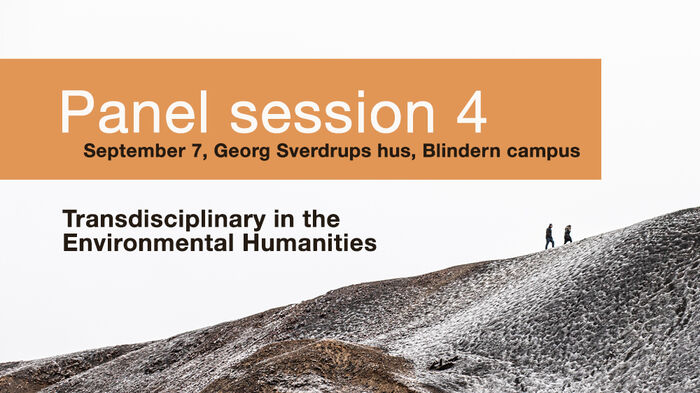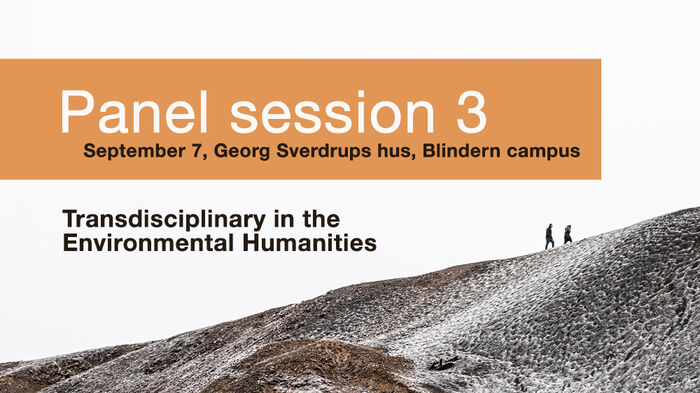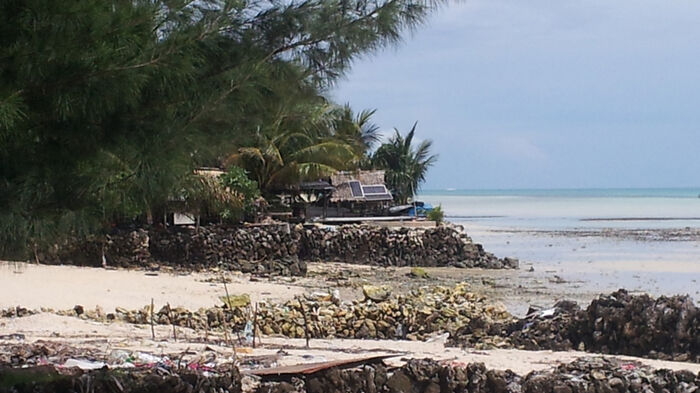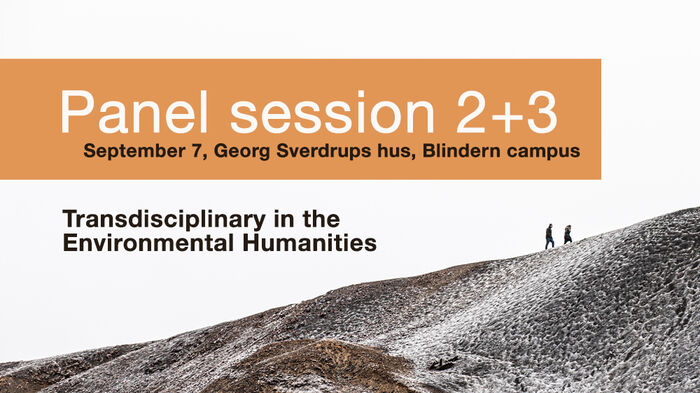Previous events - Page 3
In this Environmental Humanities Lecture, anthropologists Nayanika Mathur, Professor of Anthropology and South Asian Studies at the University of Oxford, and Radhika Govindrajan, Associate Professor of Anthropology and International Studies at the University of Washington, Seattle, present their research on human-animal relationships, climate change, and religious ecology in India. What form might the environmental humanities take if considered from the place of the Indian Himalaya?
Welcome to a CIMS Friday lecture By Prof. Vemund Aarbakke who will introduce us to the Muslim-Turkish minority in contemporary Greece.
Open lecture with professor Shiping Tang.
Master Ayse Nalan Azak at the Department of Culture Studies and Oriental Languages will defend her dissertation When the Remedy Becomes a Threat: The Lifetimes of Antibiotic Use and Antimicrobial Resistance in Turkey for the degree philosophiae doctor (PhD).
Welcome to HEI's annual International Student Conference! This conference unites early career researchers in both formal and informal settings, providing a platform to explore the latest developments in the field of heritage studies.
We want to invite you to an open evaluation with our PhD-fellow in China studies Daniel Mohseni Kabir Bäckström. To comment on the candidates work, we have invited Associate Professor Mikkel Bunkenborg from the Department of Cross-Cultural and Regional Studies at the University of Copenhagen.
Join us for our final OSEH event where we explore issues of race, ethnicity, and gender, but also diverse ways of opening up environmental problems and possibilities in the academy and beyond. We are joined by acclaimed poet and nature writer Camille Dungy and prominent scholars in the environmental humanities, and there will be upcycled music, celebration and food.
In this CIMs lecture, Prof. Stephan Guth explores what a Norwegian National Library manuscript tells us about the everyday life of a Levantine merchant in the mid-18th century.
Lecture by Ólafur Rastrick, Professor of European Ethnology at the University of Iceland.
In this lecture, Pelle Valentin Olsen investigates the historical entanglement of capital, culture, and leisure by mapping the local Iraqi capitalist and entrepreneurial elites, many of whom were upper-class Iraqi Jews with international outlooks, who invested in film exhibition and production technology.
Seminar with Marta Hanson.
Lecture by Marta Hanson.
How do you take ownership of your own history after being written out of it for generations?
Do you want to better understand the environmental and climatic crisis, work accross diciplines, experience Place-Based Learning and communicate environmental research to a broader audience?
Welcome to a lecture by Prof. Bjørn Olav Utvik on the interplay between football, religion and politics in Morocco.
Land holds an “ecological memory”, the patterns in the landscape that are maintained by creative fires. This seminar will discuss the importance and challenges of using fire to shape landscapes in Australia, Italy and Norway.
Register here!
Welcome to a conversation with Rahul Gandhi, member of the Indian parliament and leader of the opposition.
Welcome to a conversation with Rahul Gandhi, member of the Indian parliament and leader of the opposition.
These papers explore examples of environmental storytelling, and asks what environmental storytelling can do. How does such initiatives tap into our imaginaries, or offer re-imaginations?
This panel approaches interdisciplinarity from a broad range of perspectives, including environmental governance, climate politics, botanics, cybernetics, and science history. Are there commonalities in how we engage interdisciplinarity, and how do we consider its methodological challenges?
This panel will address long-term aspects of interactions between ecological and material foundations of societies, forms of biological and cultural coexistence, and the interdependence of people and the non-human world, specifically in the shores and oceans of the world, through the lens of the arts and the humanities, aiming at pluralizing and un-disciplining the established paradigms of marine science and conservation.
In this panel we ask, how to read science through fiction, and can such readings provide us a way to understand the relationship between literature and environment?
In this panel, six doctoral scholars from varied disciplines present their research and discuss how generating oceanic knowledge for action requires transdisciplinary engagement.
What are some of the potentials and pitfalls of transdisciplinary research? In this keynote lecture Kate Rigby will be drawing on her own more recent experience of the kinds of synergies, surprises and snags that might be encountered along the way, and the sorts of virtues that need to be cultivated to facilitate positive outcomes.
In this session, we invite participants working across environmental humanities and other disciplines to reflect on their experiences of ‘soiling’ different areas of research. What happens when soils are brought into the research arena as agential, as consequential? How can healthy soil become not only a metaphor but a driver for transdisciplinary action for social change?
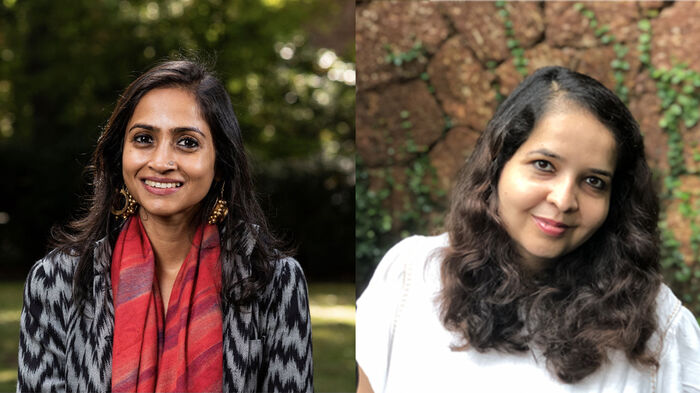
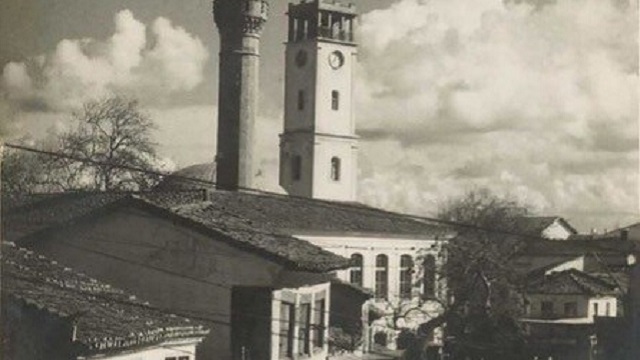

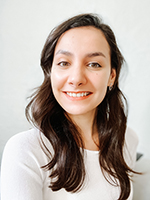
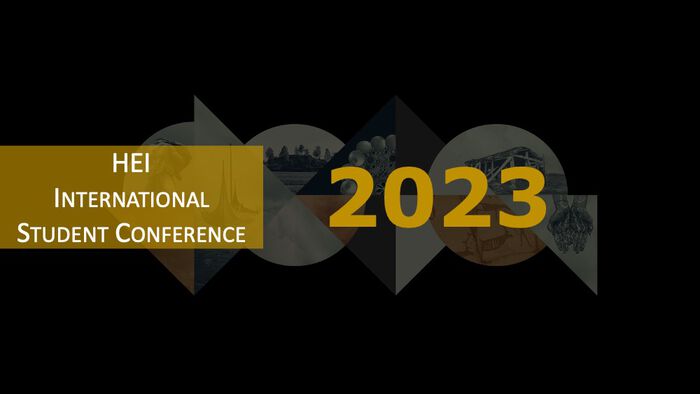

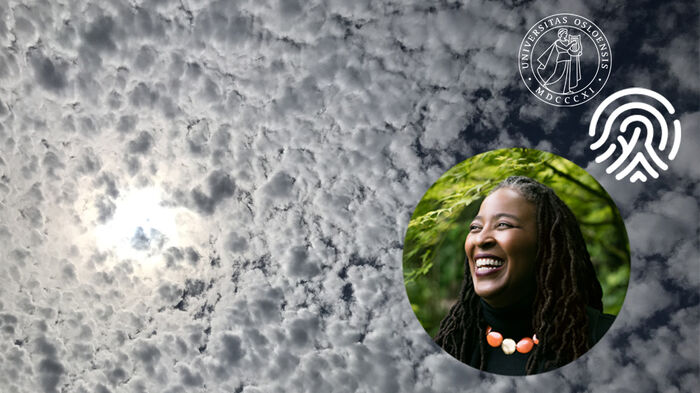




.jpg?alt=listing)

.png?alt=listing)




